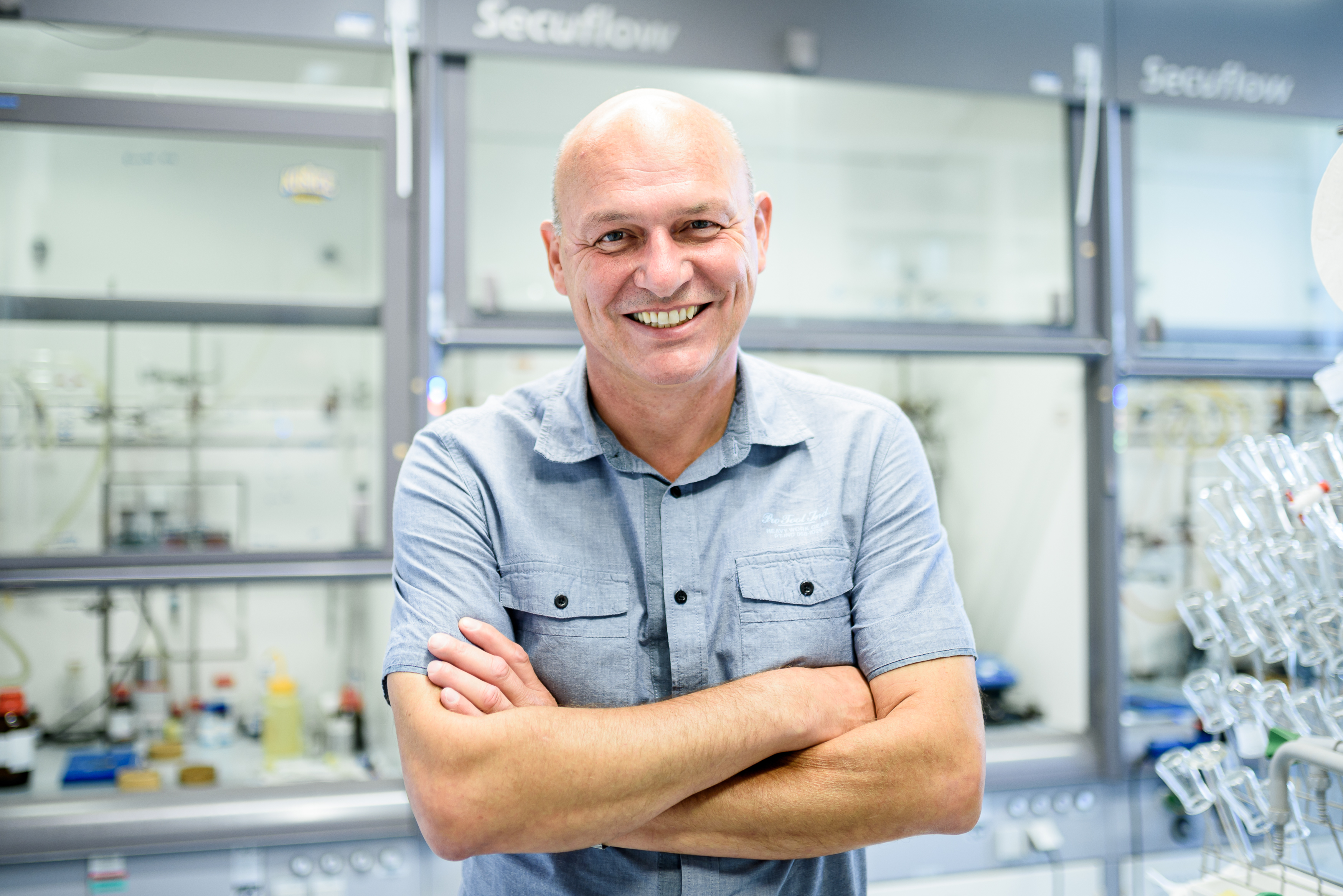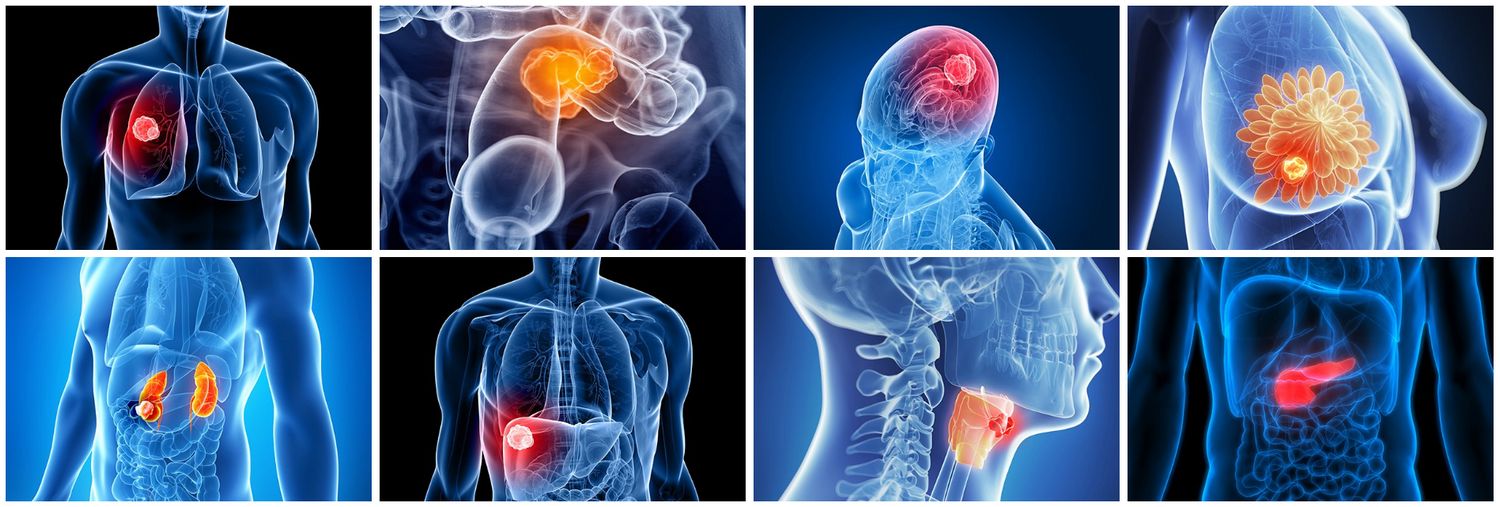Clinical trial of cancer-fighting glutamine antagonist DRP-104 underway

Dracen Pharmaceuticals, Inc. has announced the start of a clinical trial of DRP-104, an anti-cancer substance developed by the team of Pavel Majer at the Institute of Organic Chemistry and Biochemistry of the Czech Academy of Sciences (IOCB Prague) in collaboration with Johns Hopkins University in Baltimore (USA). The first patients have received the substance, and the initial phase of the trial will last approximately three years.
“The initiation of the phase one clinical trial of our substance is excellent news and an important milestone on the path towards a new treatment for oncology patients. But it’s still too early to celebrate – our substance has a long road ahead of it with plenty of obstacles, and reaching the destination is far from certain,” says Pavel Majer, head of the Drug Discovery group at IOCB Prague. “On the other hand, however, this is the right time to recognize the people behind the success: Lukáš Tenora and other colleagues from my group and our institute as well as our collaborators at Johns Hopkins University on the teams of Jonathan Powell and Barbara Slusher. The most important thing for us, though, is the new hope that the treatment gives to cancer patients.”
Within tumors, DRP-104 releases DON, an antimetabolite that stops cellular metabolism of glutamine, a key source of nitrogen that tumor cells need in order to grow, and thus suppresses tumor growth. Considerable hope is being placed particularly in a combination of this treatment and immunotherapy, which focuses on boosting the body’s immune response to a tumor. There are many ways in which cancer cells deceive the cells of the immune system and go unnoticed by them. Therefore, during immunotherapy, patients are given PD-1 antibodies to boost the body’s immune response and enable it to tackle the cancer cells on its own. Initial animal testing has shown that when DRP-104 is used, metabolically deprived cells are more sensitive to PD-1 antibodies, and immunotherapy is significantly more effective.
“Before a potential drug makes it to the stage of an in-human clinical trial, it has to come a long way, and it undergoes a lot of testing. Most candidate substances never get that far. The initiation of a clinical trial is thus a very rare occurrence and an expression of great faith in the given molecule. We’re proud that this has been achieved by yet another substance devised at our institute,” says Zdeněk Hostomský, director of IOCB Prague.
The clinical trial is being conducted by Dracen Pharmaceuticals, which purchased a license for the development of the substance from IOCB Prague and Johns Hopkins University. The company secured an investment of 40 million dollars for development, which it has successfully advanced to the clinical phase.
The primary goal of the first phase of the clinical trial is to verify safety and determine the correct therapeutic dose for the subsequent second phase of the trial. Additional information on the trial can be found at www.clinicaltrials.gov (Identifier: NCT04471415).







